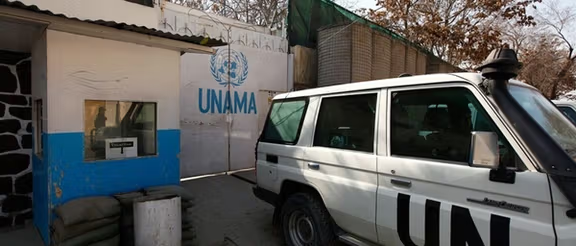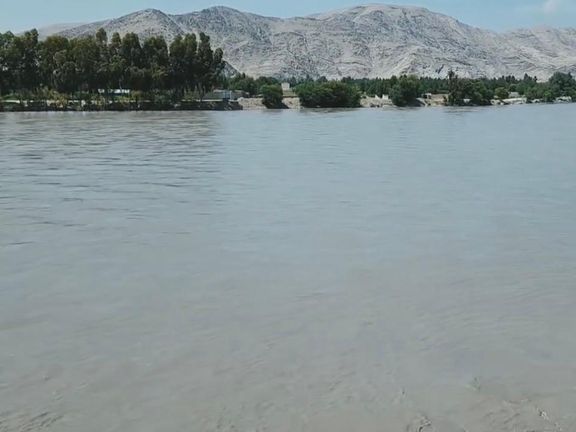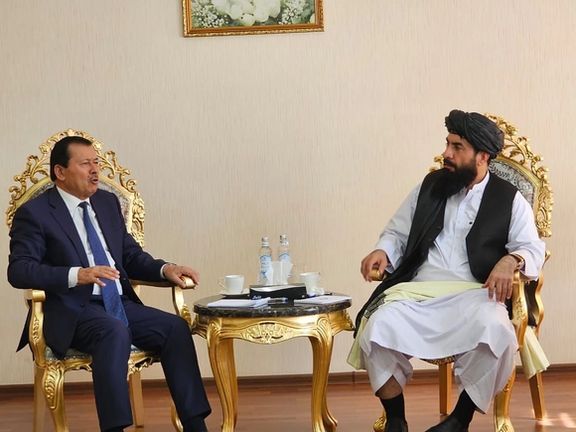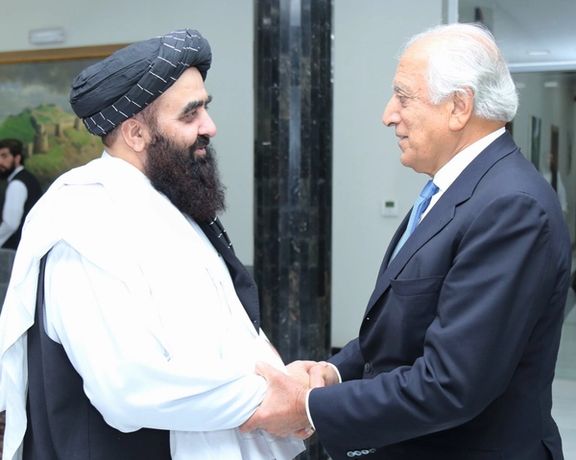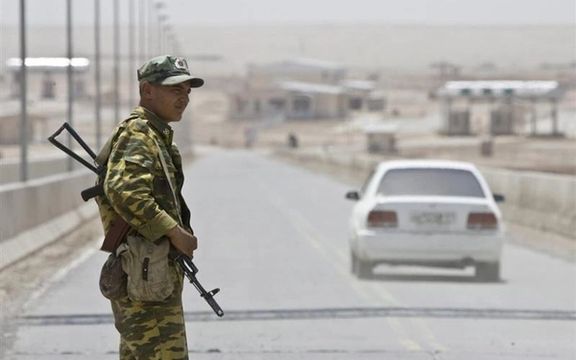According to Taliban Energy and Water Minister Abdul Latif Mansoor, the leader, Hibatullah Akhundzada, instructed the ministry not to wait for foreign companies and instead to sign contracts with domestic firms to launch the project. Mansoor quoted Akhundzada as saying that “Afghans have the right to manage their own waters.”
The Kunar River, one of Afghanistan’s five main rivers, originates in Chitral, Pakistan, flows for around 482 kilometres through Afghanistan’s Kunar province, and then joins the Kabul River before returning to Pakistan. Most of the Kabul River’s flow eventually reaches Pakistan, where provinces such as Khyber Pakhtunkhwa rely heavily on Afghan waters.
Afghanistan is rich in water resources, but decades of war and instability have prevented the country from developing effective water management systems.
Rising Sensitivity In Pakistan
The renewed push for dam construction on the Kunar River comes amid escalating border tensions between the Taliban and Pakistan. Water sharing has long been a sensitive issue between the two neighbours, which have no formal water treaty and divide water based on customary practices.
Recently, Pakistani media reported that Islamabad is considering diverting the flow of the Chitral River before it enters Afghanistan, redirecting it toward the Swat River. The Nation newspaper quoted a Pakistani government source saying Islamabad aims to alter the river’s course before it merges with the Kunar and Kabul rivers inside Afghanistan.
Last year, after reports surfaced of the Taliban’s plans to build dams in eastern Afghanistan, former Pakistani provincial official Jan Achakzai warned that any unilateral construction by the Taliban on the Kunar (also known as the Chitral River) would be viewed as a hostile act against Pakistan. He said such action could have serious consequences, including heightened tensions and the potential for conflict.
A Baloch activist also argued that the Taliban’s dam project aligns with India’s strategy to limit water flows to Pakistan.
Despite these objections, the Taliban have consistently reiterated their commitment to dam construction on the Kunar River. Mansoor previously said that some neighbouring countries are “unhappy that Afghanistan is finally gaining control over its waters.”
In an interview with Shamshad TV, Mansoor said building a dam on the Kunar River was one of the Taliban government’s top priorities. Quoting Akhundzada, he said: “If we do not build a dam on the Kunar now, we never will.”
Mansoor noted that the Kunar River offers unique potential for hydropower generation, unmatched elsewhere in Afghanistan.
Regional Water Tensions
The minister also referred to disputes with other neighbouring states, saying that Central Asian countries have benefited from Afghan water for decades and built their own dams. Citing the Qosh Tepa Canal project, Mansoor said, “Even constructing several canals like Qosh Tepa would not compensate for the water lost in the past.”
He added that during his visit to Turkmenistan, officials there urged the Taliban to adhere to Soviet-era water-sharing arrangements. Mansoor responded that the Taliban do not recognise agreements signed during the period of occupation, asserting that “except for Iran, Afghanistan has no water treaties with its neighbours.”
He stressed that the Taliban respect the Helmand River treaty with Iran, but said dam construction elsewhere “faces no restrictions.”
Chinese Interest and Financial Constraints
Despite the Taliban leader’s directive, Mansoor complained about a lack of funding for dam projects. He said the ministry has repeatedly appealed to domestic and foreign investors to finance water initiatives, including a plan to transfer Panjshir water to Kabul, but none have yet followed through.
In August 2024, the ministry announced that a Chinese Energy Company had expressed interest in investing in three hydropower dams Shal, Sagi, and Sartaq on the Kunar River. Mansoor claimed that with these dams, “Afghanistan will be able to export electricity to neighbouring countries.”
However, it remains unclear how willing or technically capable domestic investors are to take on such an ambitious infrastructure project.

